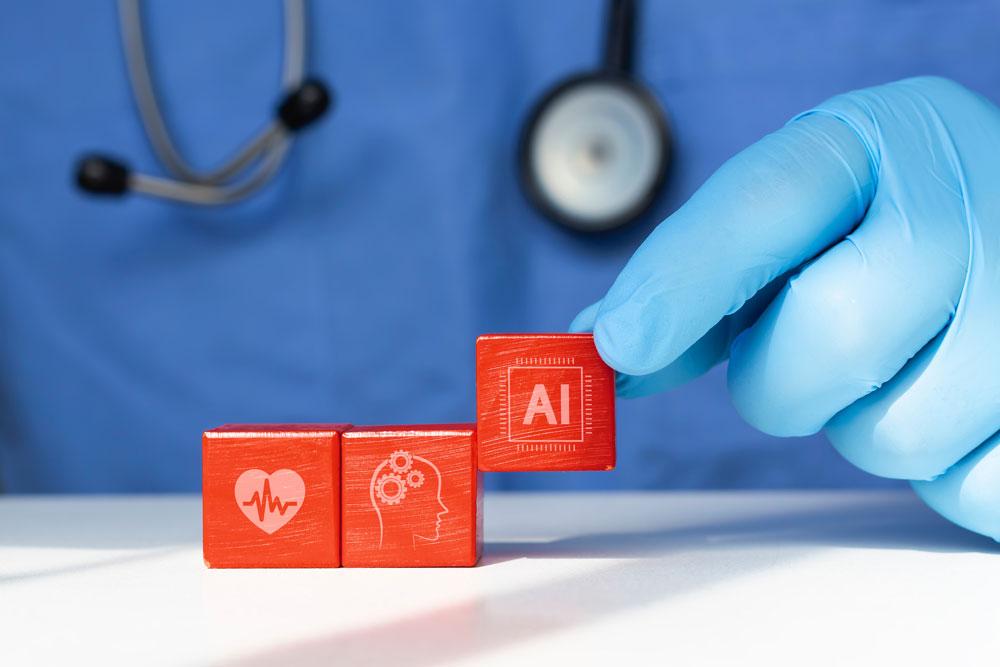The Department of Health and Social Care has announced a trial to investigate how AI tools can be used to catch cases of breast cancer earlier.
Nearly 700,000 women across the country will take part in the trial, across 30 testing sites, which will be enhanced with the latest digital AI technologies.
The AI technology will assist radiologists, by screening patients to identify changes in breast tissue that show possible signs of cancer.
At the moment, two specialists are required per mammogram screening, but with the new technology, only one is needed to complete the same mammogram screening process safely and efficiently.
If the trial proves successful hundreds of radiologists and other specialists could be freed up to see more patients.
The EDITH trial (Early Detection using Information Technology in Health) is supported by £11 million of government support via the National Institute for Health and Care Research (NIHR).
Secretary of state for health and social care, Wes Streeting said: "As a cancer survivor, I feel like one of the lucky ones.
"With record numbers of people diagnosed with cancer, and Lord Darzi finding that cancer survival is worse in this country than our peers, I know that urgent action is needed to save lives and improve patient care.
"That’s why for World Cancer Day, I am committed to publishing a dedicated National Cancer Plan this year, to unleash Britain’s potential as a world-leader in saving lives from this deadly disease and make the NHS fit for the future through our Plan for Change."
Professor Lucy Chappell, chief scientific adviser at the Department of Health and Social Care (DHSC) and Chief Executive Officer of the NIHR said: "This landmark trial could lead to a significant step forward in the early detection of breast cancer, offering women faster, more accurate diagnoses when it matters most.
"It is another example of how NIHR research, shaped and funded by the public, is crucial for rigorously testing world-leading new technologies, such as AI, that can potentially save lives while reducing the burden on the NHS."


